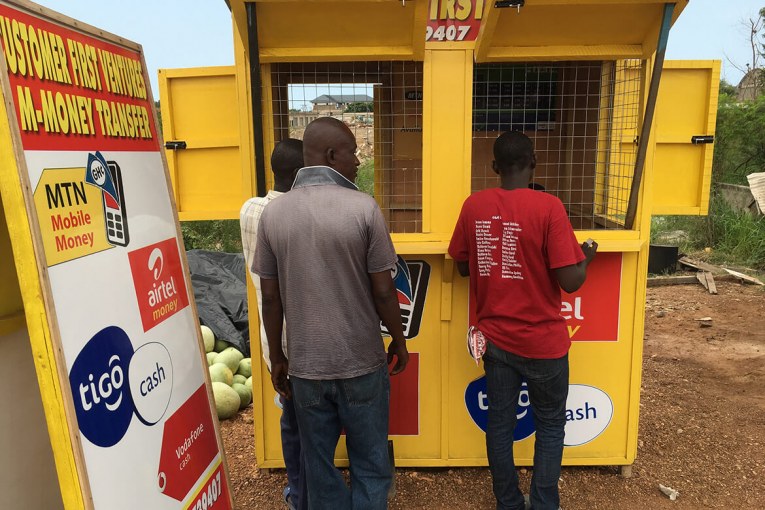The government has lowered the Electronic Transfer Levy rate from 1.5% to 1%. This will enable more Ghanaians to use the service, the government has claimed.
The daily transaction amount of GHS100 has also been eliminated. This was announced on Thursday, November 24, during the presentation of the 2023 budget by Finance Minister Ken Ofori-Atta.
The Finance Minister, Ken Ofori-Atta, requested that the E-Levy Act be reviewed and, in particular, that the headline rate be lowered from 1.5% to 1% of the transaction amount and the daily threshold eliminated.
Passage Of The E-levy
opposition from the minority in Parliament and many other Ghanaians. The protests against the E-levy were dire because Ghanaians had been facing economic challenges which negatively affected their livelihoods. The government appeared unconcerned about the cries of the citizenry to abort the E-levy as they went ahead to pass the bill, to the dismay of many Ghanaians. The government, however, argued the levy would widen the tax net which could raise an extra GH¢6.9 billion in 2022.
After The Passage Of E-levy
Ghanaians were very unhappy with the passage of the E-levy bill so they took to other means of money transactions to avoid having to pay the E-levy. These acts included panic withdrawals from their mobile money and bank accounts. The government could therefore not accrue its expected GHS6.9 billion.
Failed Government
Unfortunately, the government has been unrelenting in its quest of deepening the economic woes of Ghanaians. When we complained about passing the E-levy, they did not listen. Now that it has backfired, the charge has been reduced by .5%.
Is it not better to scrap it off completely? Considering that Ghanaians have been burdened with other taxes such as the VAT which has recently been increased from 12.5% to 15%.

